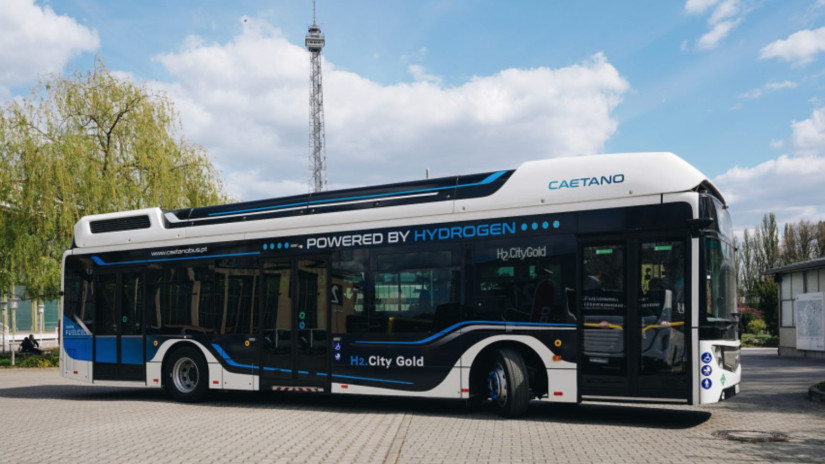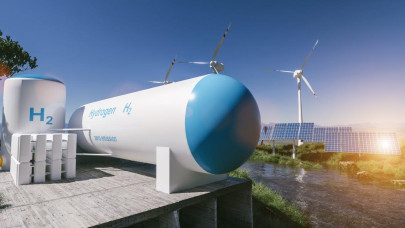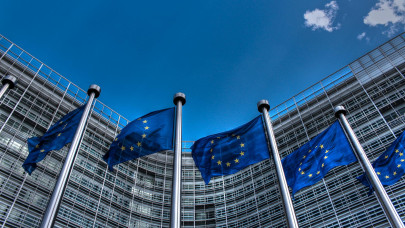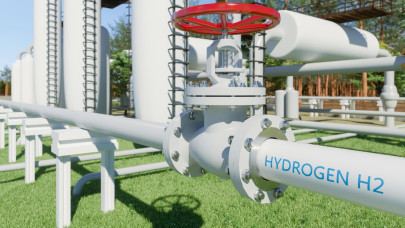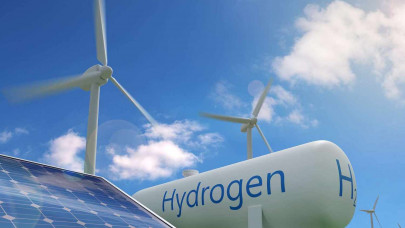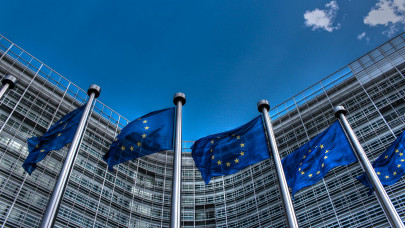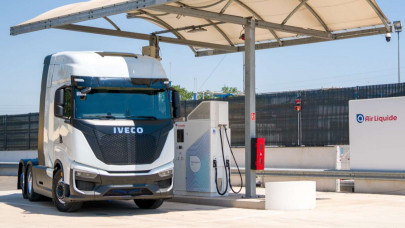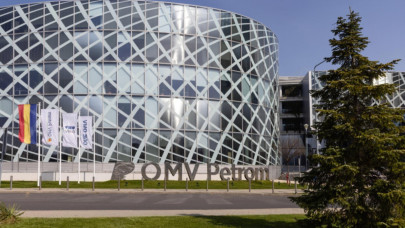The overall objective of the JIVE initiatives (including JIVE the predecessor of JIVE 2) is to advance the commercialization of fuel cell buses through the large-scale deployment of vehicles and infrastructure so that by the end of the project, fuel cell buses are commercially viable for bus operators to include in their fleets without subsidy, and that local and national governments feel empowered to regulate for zero-emission propulsion for their public transport systems.
“Hydrogen transport is one of the essential ingredients for having green and climate-neutral cities in the future. I am glad that during the JIVE II project, a hydrogen bus will be tested for the first time in Lithuania, which will open up opportunities for a wider integration of hydrogen energy in Lithuania”, said Šarūnas Varnagiris, head of the Lithuanian Hydrogen Energy Association.
Lithuania started drafting national guidelines for the development of hydrogen technology in January 2022.
The selected experts conducted an analysis of the potential for the development of hydrogen production and use in Lithuania, covering the entire hydrogen value chain; production opportunities in Lithuania, storage, import and export, promotion of investment in hydrogen development, and infrastructure adaptation for hydrogen.

